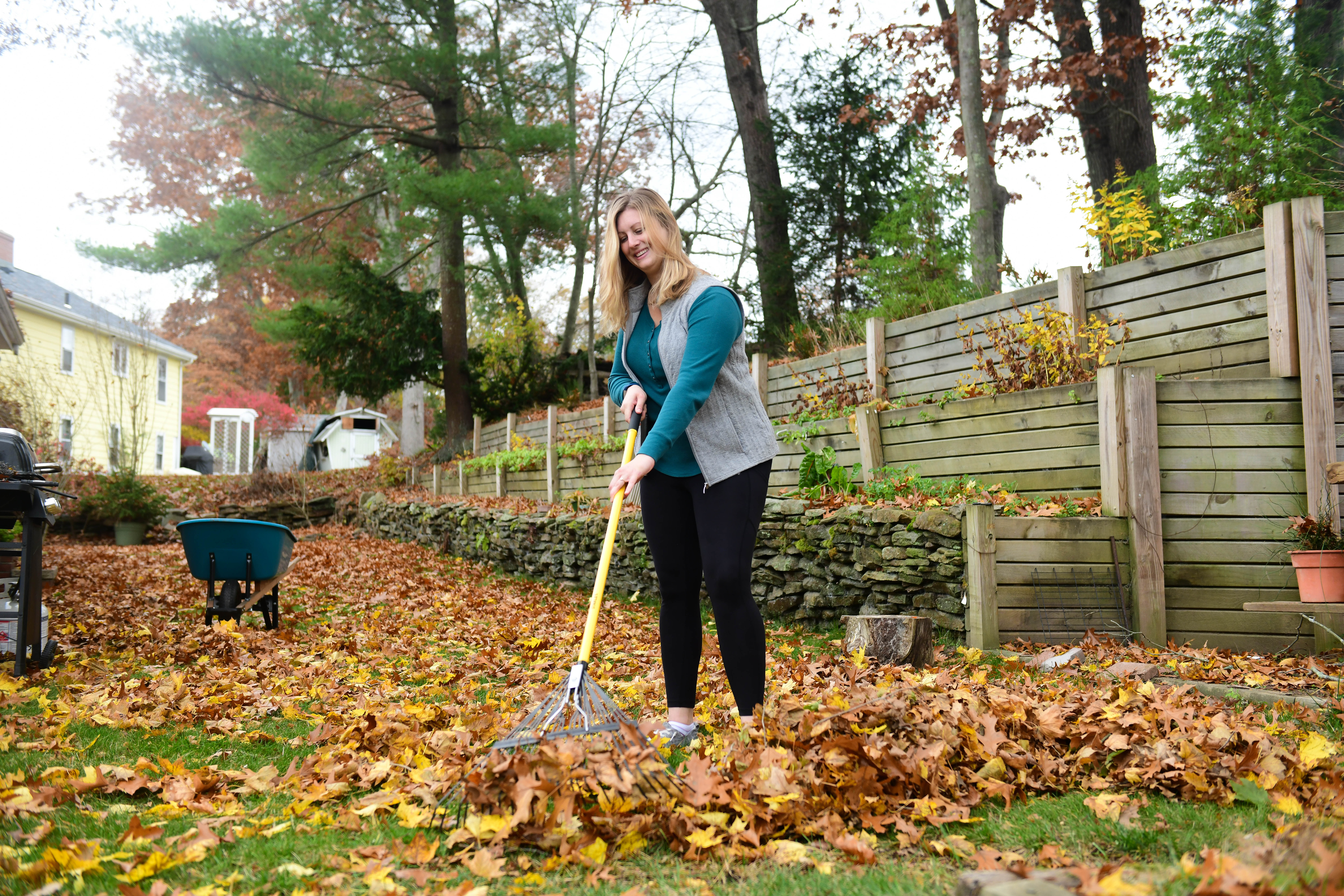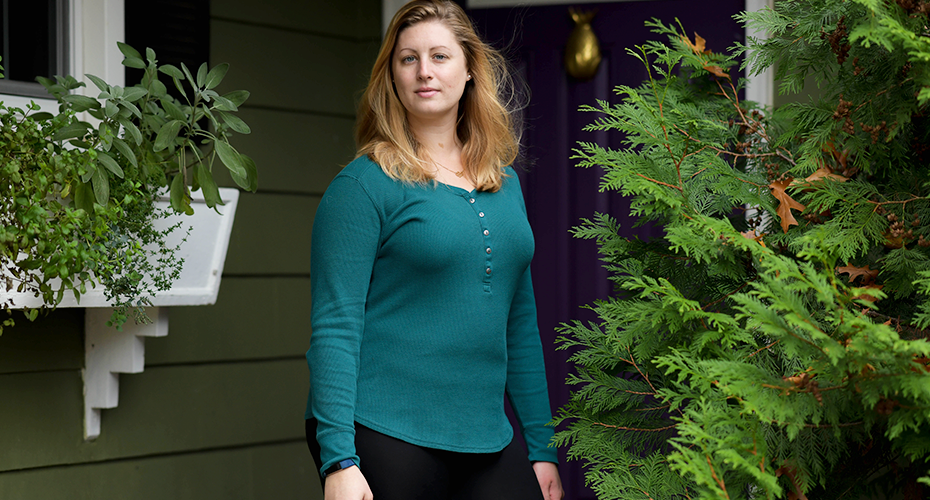Nov 13, 2020
Lessons from COVID-19
As the coronavirus pandemic continues to surge across the globe, perhaps no one can offer better insights into risk and prevention than those who have suffered COVID-19.
“This ordeal definitely gave me a renewed passion for wearing masks and social distancing,” said Kristin Jahne, a 28-year-old North Kingstown, R.I., resident. “If I could tell people one thing, it would be: Wear your damn mask. It’s not hard and you could potentially save people.”
Struggling to breathe
Jahne woke up one morning in mid-April feeling short of breath.
Having experienced asthma in the past, she assumed it was an asthmatic attack and went about her day.
“I didn’t jump immediately to COVID. Nobody wants to assume the worst,” she recalled. “I worked in retail, but I wasn’t front-facing, and I hadn’t been around people for a few days.”
At the time, early in the pandemic, she didn’t wear a mask because they weren’t mandatory in her town.
“I waited a few days because I wanted to track how I was feeling and see if I developed new symptoms,” she said. When her shortness of breath and tight chest still hadn’t subsided after a few days, Jahne called her primary care physician and went for a COVID-19 test, which came back negative.
But within days her breathing deteriorated so much that she went to the emergency room: “I felt like I was gasping for air. It was so painful. I couldn’t really move or do anything,” she said. The ER doctors conducted a second COVID test, which came back positive.
A long ordeal
Jahne’s debilitating symptoms lasted for three months: “I couldn’t go to work, I couldn’t really do anything beyond reading. I couldn’t garden or help with renovating our house.”
During that time, she said, “My breathing issues ebbed and flowed. I’d wake up and wonder, “Well, what’s it going to be today?’”
When her breathing started to improve in mid-May, Jahne said, her lower back, hips and legs suddenly seized up with muscle spasms so severe she was bedridden for four days. “I was taking heavy-duty pills, using a heating pad, and nothing worked. It was wild.”
The spasms subsided after two weeks, but the shortness of breath returned.
She had been a healthy young woman and was stunned by the virus’ effect on her life: “I didn’t expect it to knock me out so hard.”
Amid her illness, Jahne worried about bills – but her insurer, Blue Cross Blue Shield of Massachusetts, covers all medically necessary COVID-19-related testing and treatment for members.
“It’s bad enough getting sick, much less worrying about all of the bills—it was thousands of dollars for one day in the ER. Having Blue Cross jump in and cover all of my COVID-related costs was wonderful. I cried tears of joy when I heard that,” she said. “Blue Cross helped me tremendously. I have nothing but ravingly positive things to say about them. I’ve been with Blue Cross for a couple of years, and they are super prompt and on top of things. When I was sick, they really came through for me, and I'm extremely grateful.”
A message for others
Finally, at the end of June, Jahne said, “I went for my first walk around the block without having to stop and pant. I felt like that was a turning point in the illness and I couldn't believe that I was actually getting better. It felt like the symptoms would never end, so I was overjoyed when I could begin my recovery process."
Four months after her symptoms finally subsided, Jahne said she is feeling great: “I have a renewed zest for life because I had one of those really long illnesses that didn’t seem like it would ever end, so I’m trying to do everything now that I wasn’t able to do while I was sick.” She adds, “I have a lot of empathy for those who are currently in their fight.”

Now, as the virus surges again in the Northeast, Jahne advises people to continue to follow public health guidelines, including wearing a mask, socializing outdoors, getting a flu shot, and staying six feet away from others—even though they may be tiring of it.
“I’m sick of the pandemic, too,” she said “We are living in history right now. I’m sure the people in 1918 were sick of reading about the Spanish Flu, too.”
She also encourages people to continue to stay healthy: “Exercise, eat right, be in a good headspace and have an outlet for your frustrations—all of these could come in handy if you do get sick.”
PHOTOS BY FAITH NINIVAGGI

